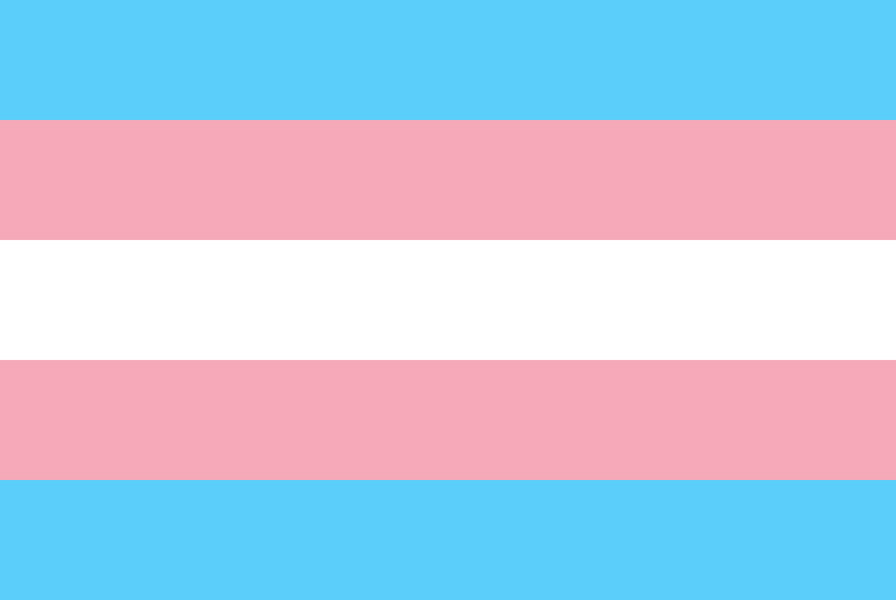In a three-hour meeting last week, transgender folks vented their frustrations facing discrimination at home, work and in society at large. How to unite the community as a whole — beyond differences in race, age or place on the gender spectrum — was a hot topic.
Naiymah Sanchez, coordinator of the Trans-Health Information Project at GALAEI: A Queer Latin@ Social Justice Organization, hosted the March 11 meeting at her group’s North Philadelphia offices in the wake of the murder of Maya Young, the first transgender woman killed in Philadelphia this year. She was stabbed to death in Frankford last month.
Sanchez said she intended the time to be evenly split between sharing problems and brainstorming solutions. But, as the group progressed, it became apparent that people wanted a forum to share grievances.
Attendance started at about 30 people, but dropped to about 10 by the end.
“We’re transgender individuals who are suffering as a community,” Sanchez said. “There is oppression that we need to talk about together. There is a time and a place to have groups for certain individuals. We are not at that place. Our community is so divided.”
Sanchez started the meeting by lighting a candle in Young’s honor and placing a chair in the center of the room to be left empty for eight transgender women who had been killed in Philadelphia since 2002: Nizah Morris (2002), Erica Keels (2007), Stacey Blahnik (2010), Kyra Cordova (2012), Diamond Williams (2013), Londyn Chanel (2015), Kiesha Jenkins (2015) and Young.
Community members did discuss avenues to combat problems with unity, family acceptance and the criminalization of sex work.
Attendees talked about the damage inherent in the idea of “passing” as a gender because it reinforces a binary system that leaves nonconforming individuals feeling isolated in the transgender community. Several endorsed the idea of more regular community discussions.
Regarding family acceptance, people said working with church leaders could create a culture of acceptance, in turn influencing parents of transgender children. There was also talk of a mechanism for parents of transgender children to share stories with one another and counseling opportunities to facilitate discussions with kids and their families.
Decriminalizing sex work fits in with Sanchez’s work as a contributor to the Strength Alliance, which includes five Philadelphia organizations to help those who engage in sex work do so in a healthy way. Some thought it would be helpful to have an outreach program to guide people if they want to seek employment outside sex work. People also advocated sharing personal stories with legislators, so they understand the root causes of transgender people engaging in sex work and back more affirmative policies.
